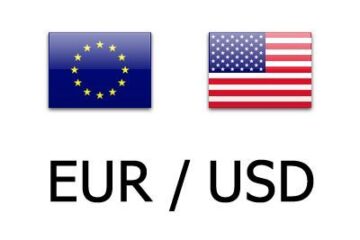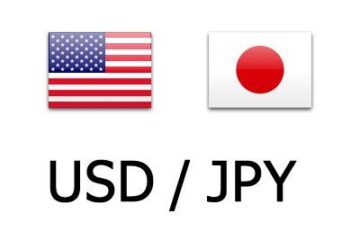The covid pandemic decimated the supply chain. People needed goods — perhaps more than they ever had — but factories and warehouses struggled to keep up due to workers being sick and social distancing rules.
Truck drivers still did their jobs but, in many cases, the support systems they relied on were not operational. Rest stops and restaurants were closed and even finding an operating bathroom was a challenge.
Related: Discount retailer faces Chapter 11 bankruptcy or liquidation
It was a period that created some opportunity as the demands of the entire nation shifted, but it also increased costs. Trucks were waiting to be loaded, drivers were unable to hit the toad because they, or someone close to them, got sick, and the entire industry was under stress.
A number of regional carriers have since been driven into bankruptcy and, now, a major carrier has filed for Chapter 11 bankruptcy with parts of its filing falling under Chapter 15 of the bankruptcy code. That’s a lesser-used type of bankruptcy designed to protect foreign companies operating in the United States.
“This chapter of the bankruptcy code allows for the recognition in the U.S. of foreign bankruptcy proceedings and access to domestic judicial proceedings by foreign representatives,” the IRS shared on its website.
The shipping industry has seen multiple bankruptcies.
Image source: Shutterstock
Family-owned trucking company struggles
Pride Group, a family-owned trucking company, has its headquarters in Canada, but operates in the U.S. as well.
“We are a privately held, diversified group whose subsidiaries and affiliates operate in a variety of industries including transportation, logistics, heavy-duty equipment dealerships, equipment leasing & rentals, real-estate holdings, and full-service fleet management. PGE operates and manages businesses in both Canada and the United States, employing over 500 people,” the company shared on its website.
The company has struggled in recent months and has taken steps to restructure its business. This has included a bankruptcy filing, which the company explained on its website.
“Pride Group Holdings Inc. and other applicant companies (the “Applicants”) sought and obtained protection under the Companies’ Creditors Arrangement Act (the “CCAA”) pursuant to an Initial Order of the Ontario Superior Court of Justice (Commercial List) (the “Initial Order”). Other companies affiliated with the Applicants (the “Additional Stay Parties”, and together with Applicants, the “Pride Group”), although not applicants themselves, were granted a stay of proceedings as part of these proceedings under the CCAA (the “CCAA Proceedings”) for the duration of 10-days, subject to extension thereafter as the Court deems appropriate.”
That’s the Canadian version of bankruptcy, but there has also been a U.S. filing.
“Certain companies in the Pride Group will file cases under Chapter 15 of Title 11 of the United States Code in the United States Bankruptcy Court for the District of Delaware (the “Chapter 15 Cases”) seeking recognition of the CCAA Proceedings within the territorial jurisdiction of the United States and other related relief,” the company shared.
Pride Group continues to operate
Pride Group has a complicated array of holdings that includes 16 transport companies, 45 real estate holding companies, and 10 other holding companies founded and controlled by Sulakhan “Sam” Johal, Truck News reported.
The company has roughly $2 billion in debt and the company blames the current freight market for its troubles.
“Spot freight prices, diesel prices, and interest rate trends were all initially favorable for the trucking industry following the onset of the Covid-19 pandemic. They have all deteriorated significantly since that time. The bottom-line result is made significantly worse by virtue of the increased trucking and logistics supply that was brought to market during the upturn, which is currently sitting as unused excess capacity in the market,” according to a court filing.
The company, which controls 20,000 trucks, was profitable until the pandemic, according to Johal.
Pride Group filed for bankruptcy protection after it defaulted on debt owed to Mitsubishi HC Capital which had been personally guaranteed by Johal. More than 20 other lenders have filed claims against the company which does plan to continue operating.


